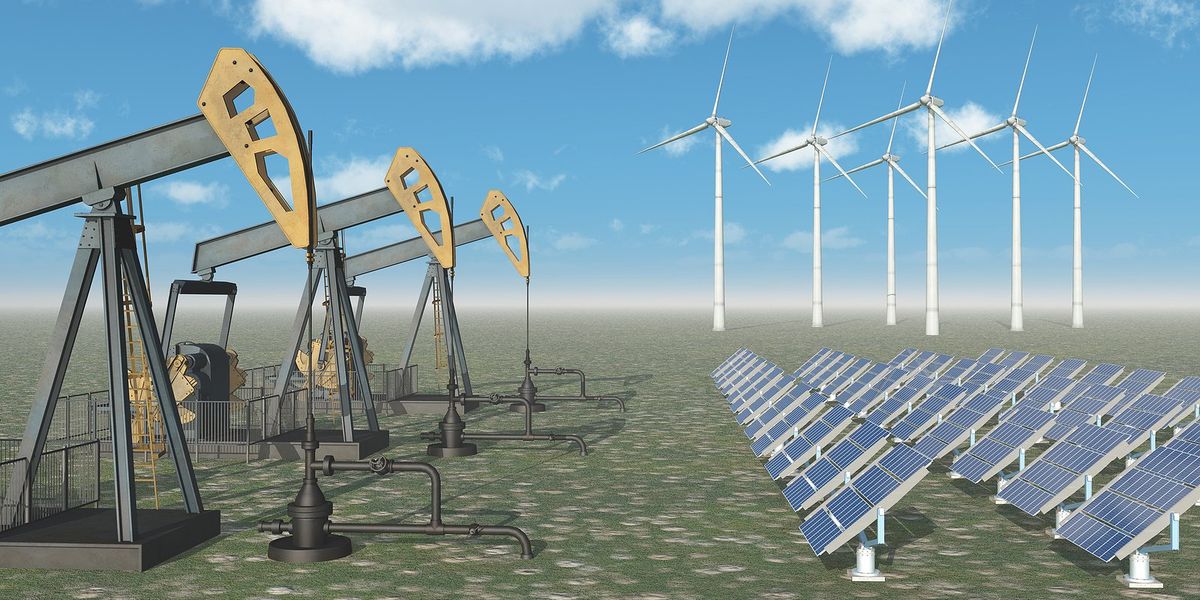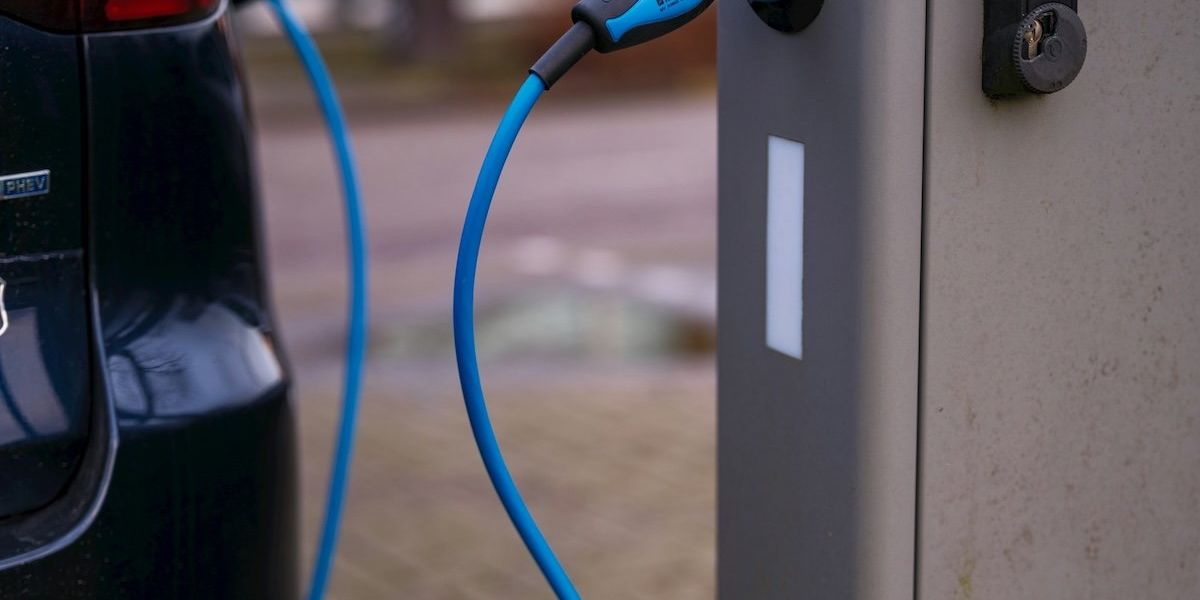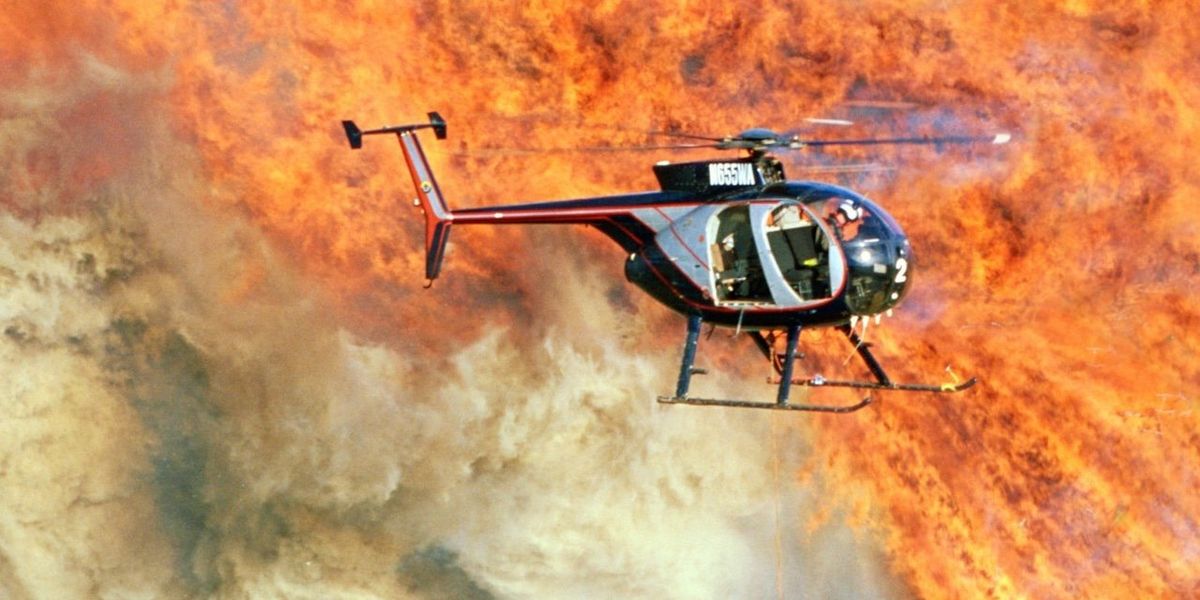European crops fueled by fracked U.S. gas despite clean fertilizer claims
Despite pledges of sustainable production, European chemical giants Yara and BASF are using fracked shale gas from Texas to make ammonia-based fertilizer, a new investigation reveals.
Agathe Bounfour and Clare Carlile report for The Guardian.
In short:
- The Yara and BASF ammonia plant in Freeport, Texas, touted as sustainable, actually relies on hydrogen derived from fracked shale gas in the Permian Basin, contradicting its green branding.
- Documents show the hydrogen byproduct used in ammonia production comes from Dow’s ethylene cracker, which is powered by natural gas, indirectly increasing fossil fuel demand.
- Despite its environmental impact, ammonia from the Texas plant is exported to Europe, where it's used in fertilizer manufacturing, with Ireland, the UK, and Spain among top importers.
Key quote:
“The Freeport facility is making ammonia out of hydrogen derived from fossil gas – plain and simple.”
— Taylor Hodge, agrochemicals campaigner, Center for International Environmental Law
Why this matters:
The global fertilizer industry is a massive but under-scrutinized driver of climate change. Fertilizer production, especially ammonia synthesis, consumes immense energy and produces significant emissions — more than aviation and shipping combined. While companies increasingly tout “green” technologies and lower-carbon innovations, many still rely on fossil fuel infrastructure. This creates a façade of sustainability while deepening dependence on polluting energy sources. Fracked gas, central to the Freeport plant’s process, emits high levels of methane, a potent greenhouse gas, and pollutes air and water near extraction sites. Communities in the U.S. Gulf South disproportionately bear these harms, while the end products fuel industrial agriculture thousands of miles away.
Read more: Soils reveal a hidden cost of farming, and fertilizers













